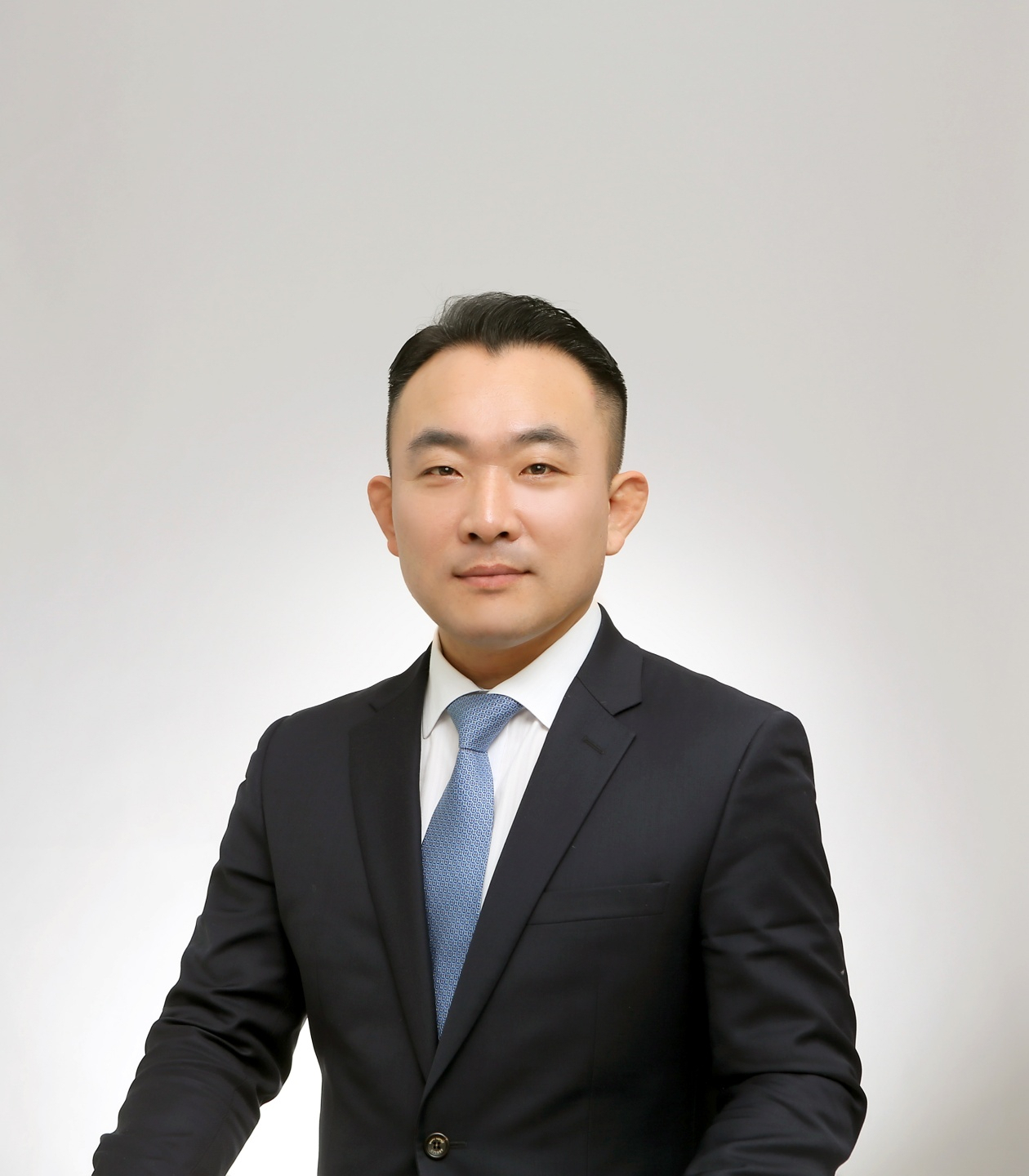Markets
[Contribution] Future-oriented partnership between Korea, Singapore
 |
By Lee Seong-woo, Vice president of Korea Chamber of Commerce and Industry
Living up to its reputation as a “small but mighty” country, Singapore has been an economic hub of Asia and is home to the Asian headquarters of many global companies. Its business-friendly investment environment, talented workforce and strategic location have made it a center of the Asian economy. The government of Singapore offers nondiscriminatory investment incentives to both local and foreign companies, and encourages business growth through corporate tax exemptions and reductions, especially for government-designated industries. These policies have paid off handsomely for Singapore, which is now firmly established as a global economic powerhouse with a GDP per capita of over $85,000.
While many people think of Singapore as one of Asia’s financial hubs, manufacturing also accounts for 21.6 percent of the country's industry. The electronics industry, especially semiconductors, is at the core of advanced industries such as AI, future mobility, data and cloud technology, and accounts for about 45 percent of Singapore's manufacturing output. If Singapore, with its well-established environment for the development of advanced industries, and Korea, with its technological edge, cooperate, they can maximize their synergies to deliver innovative results.
Hyundai Motor has already explored this possibility and established the Hyundai Motor Global Innovation Center (HMGICS) in Singapore's Jurong Innovation District. The HMGICS is established on advanced technologies such as cell production, digital twin, data, robotics and AI technology to automate logistics and assembly processes at scale with nearly 200 robots and advanced vision technology powered by AI. The center is considered a successful model of bilateral cooperation that combines Korea's advanced manufacturing technology with Singapore's excellent business environment. Furthermore, Singapore's plans to convert all cars to eco-friendly vehicles by 2040 and to replace half of its diesel-powered public buses with electric buses by 2030 are expected to achieve even greater results.
Through its Green Plan 2030, Singapore is vigorously pursuing a green transition across industries, not just in mobility. In particular, it is focusing on developing next-generation power sources such as natural gas, solar, geothermal and hydrogen power. As part of this effort, in October 2022, the government launched the National Hydrogen Strategy. The strategy is part of the government’s ambition to bring down its carbon emissions to “net zero” by 2050 and outlines a national objective to develop a decarbonization pathway utilizing hydrogen as a primary energy source.
Korea is recognized as a world leader in various hydrogen applications, including fuel cells, turbines, trucks and ships powered by hydrogen, and was the first country in the world to commercialize hydrogen fuel cells. Cooperation between Korea and Singapore to develop hydrogen-related technologies and expand infrastructure is expected to accelerate the realization of the net-zero goal. Also, the government of Singapore emphasized that natural gas will continue to serve as an important low-carbon energy source until decarbonized fuels such as hydrogen completely replace existing fossil fuels. The LNG cooperation MOU signed during President Yoon Suk Yeol’s trip to Singapore will serve as an important foundation for strengthening the energy security of both countries through a stable natural gas supply.
Both Korea and Singapore have overcome the lack of natural resources with human resource excellence and technological competitiveness, as well as efficient policies and a pro-business environment, to drive economic growth. Now it is time for both countries to combine their strengths to build robust value chains that lead the global supply chain. Cooperation in the areas of digital transformation and green energy offers a sustainable growth model and will play an important role in setting new standards for the global economy. The solid bilateral cooperation reaffirmed during the recent trip means more than just an economic partnership, but a critical point in building a transformative partnership that Asia and the rest of the world will certainly turn their attention to.
Lee Seong Woo is vice president of the Korea Chamber of Commerce and Industry. The views in this piece are his own. -- Ed.


![[Contribution] Future-oriented partnership between Korea, Singapore](http://res.heraldm.com/phpwas/restmb_idxmake.php?idx=151&simg=/content/image/2024/10/24/20241024050632_0.jpg)
![[From the scene] How a Mercedes plant is turning dead EV batteries into fresh materials](http://res.heraldm.com/phpwas/restmb_idxmake.php?idx=151&simg=/content/image/2024/10/24/20241024050620_0.jpg)




